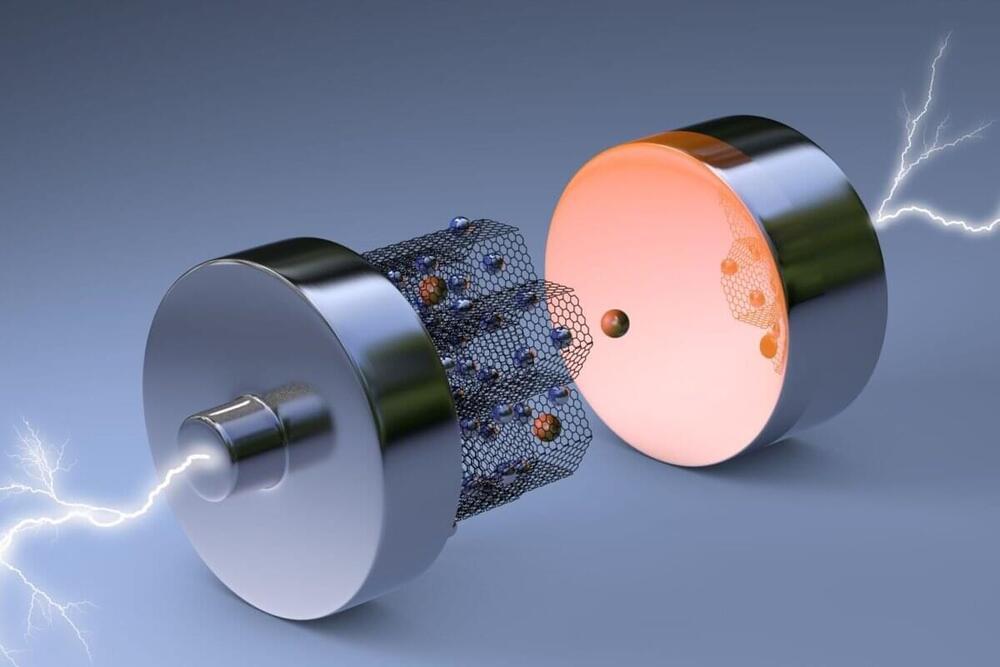As electric vehicles grow in popularity, the spotlight shines more brightly on some of their remaining major issues. Researchers at The University of Texas at Austin are tackling two of the bigger challenges facing electric vehicles: limited range and slow recharging.
The researchers fabricated a new type of electrode for lithium-ion batteries that could unleash greater power and faster charging. They did this by creating thicker electrodes—the positively and negatively charged parts of the battery that deliver power to a device—using magnets to create a unique alignment that sidesteps common problems associated with sizing up these critical components.
The result is an electrode that could potentially facilitate twice the range on a single charge for an electric vehicle, compared with a battery using an existing commercial electrode.










Comments are closed.